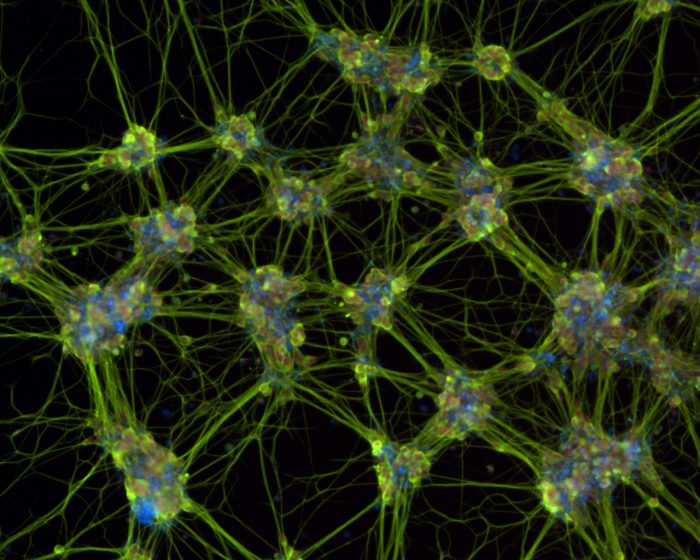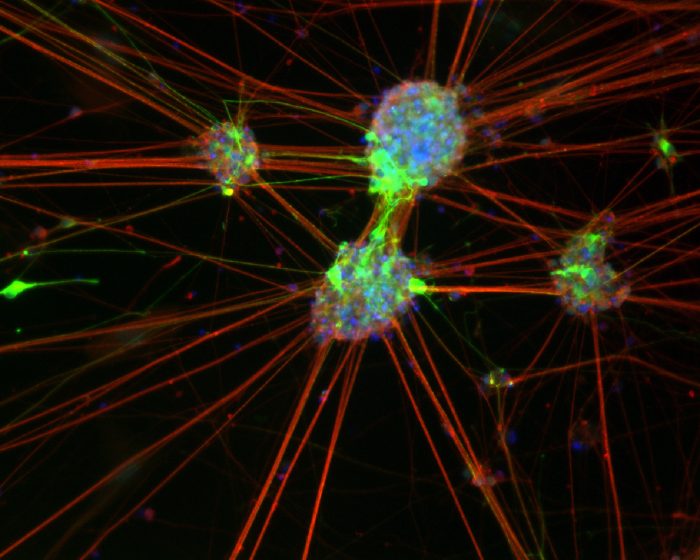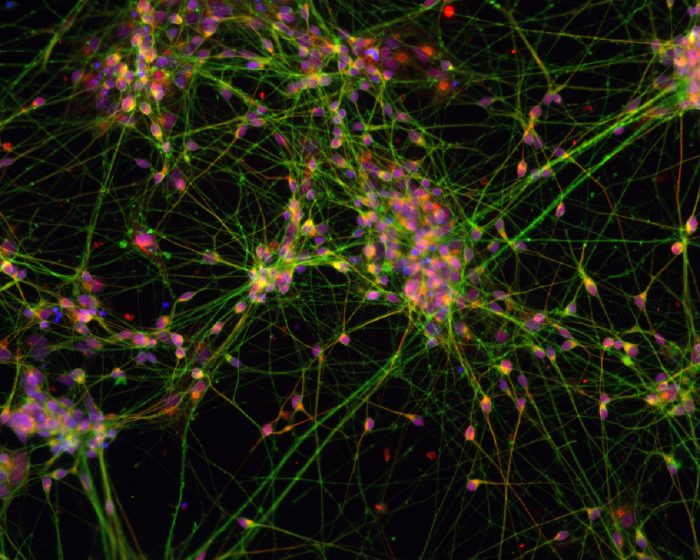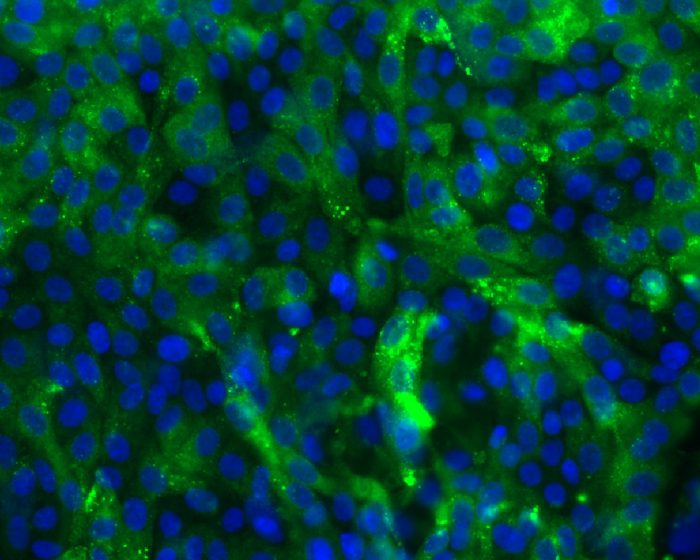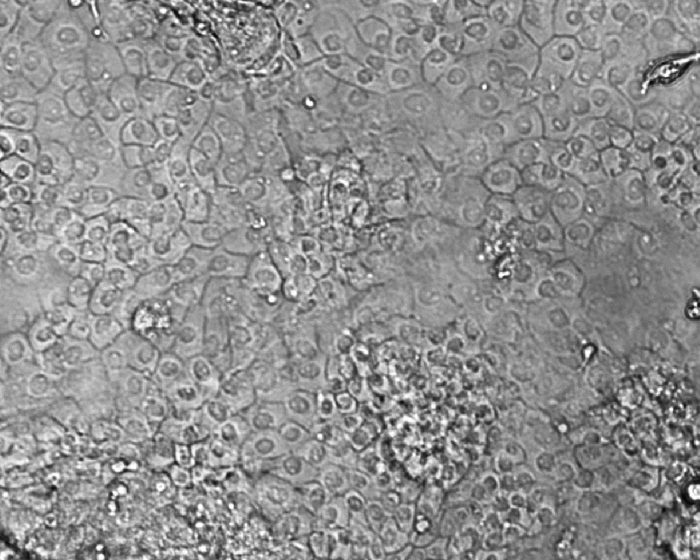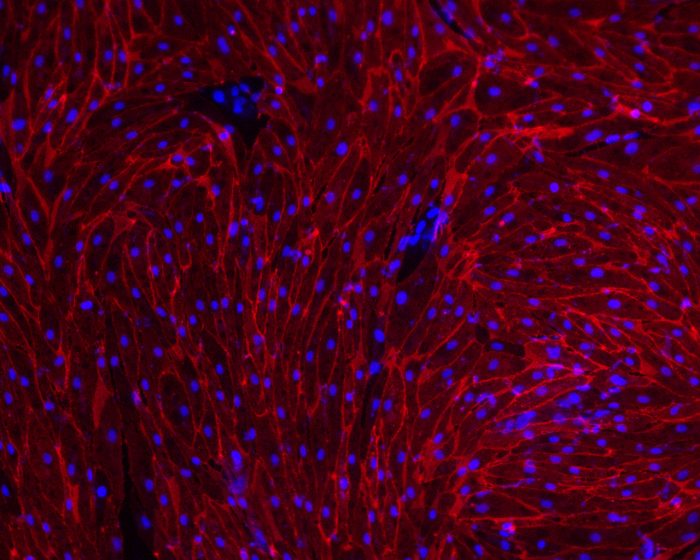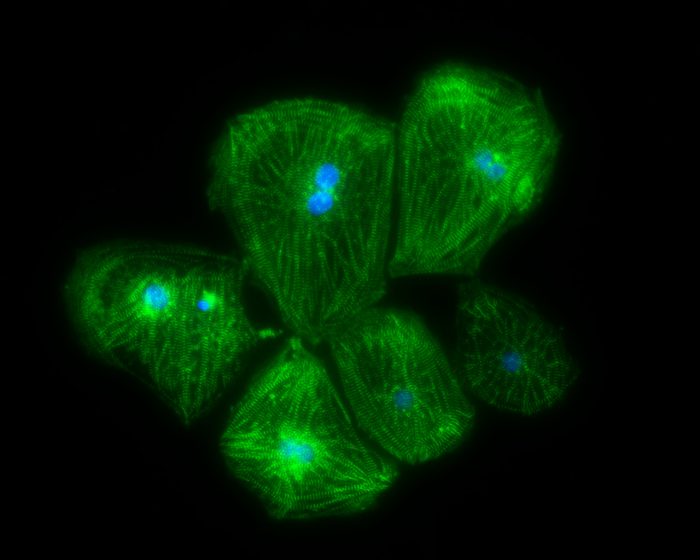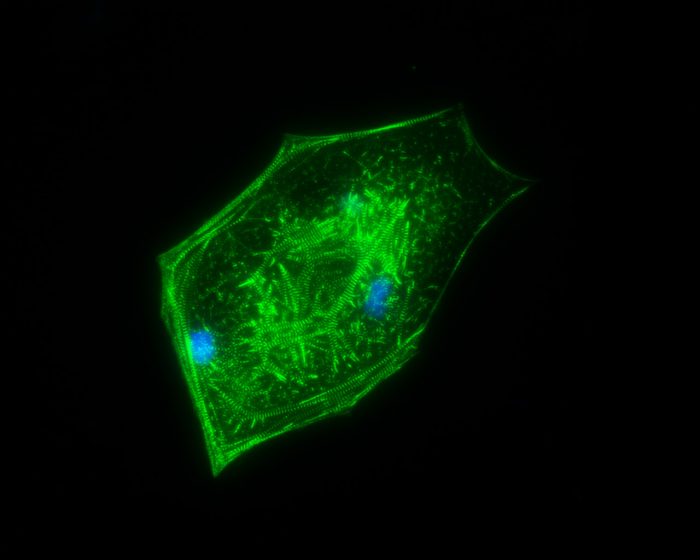Spinal motor neurons (MNs) are a highly specialized type of neurons that reside in the ventral horns and project axons to muscles to control their movement. Degeneration of MNs is implicated in a number of…
The study of neurodegenerative diseases such as Parkinson’s disease has long been hampered by the lack of models that accurately reproduce human brain cells in vitro. iPSC-differentiated dopaminergic neurons carry the same genetic signature as…
iPSC-derived medium spiny neurons (MSNs) is a cellular model to study neurodegeneration in Huntington’s disease. This model allows to study molecular mechanisms of the disease, large-scale drug screening, and toxicological studies. We generate MSNs from…
iPSC-derived hepatocyte-like cells are a convenient tool for hepatotoxic screening of potential medical products, basic research of liver diseases pathogenesis, and for the development of cell technologies for the liver diseases treatment. We used a…
iPSC-derived endothelial cells serve as a convenient model to study molecular mechanisms of vascular diseases, provide an opportunity for screening of novel drugs, creating of vascularized 3D-organoids and vascular regeneration. We generate endothelial cells from…
iPSC-derived cardiomyocytes are a convenient tool for studying molecular mechanisms of inherited cardiovascular diseases. To generate cardiomyocytes from patient-specific iPSCs, we use a protocol based on the WNT signaling pathway activation (through GSK3β inhibition with…

